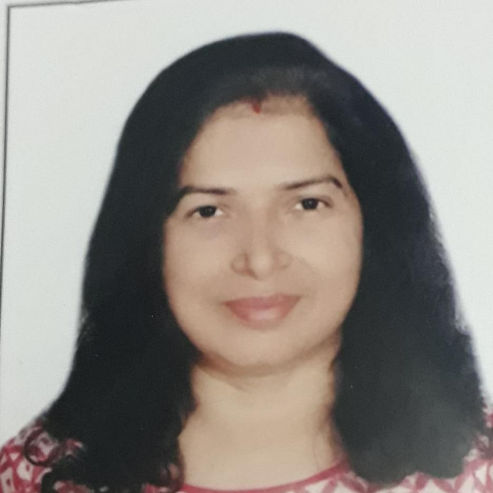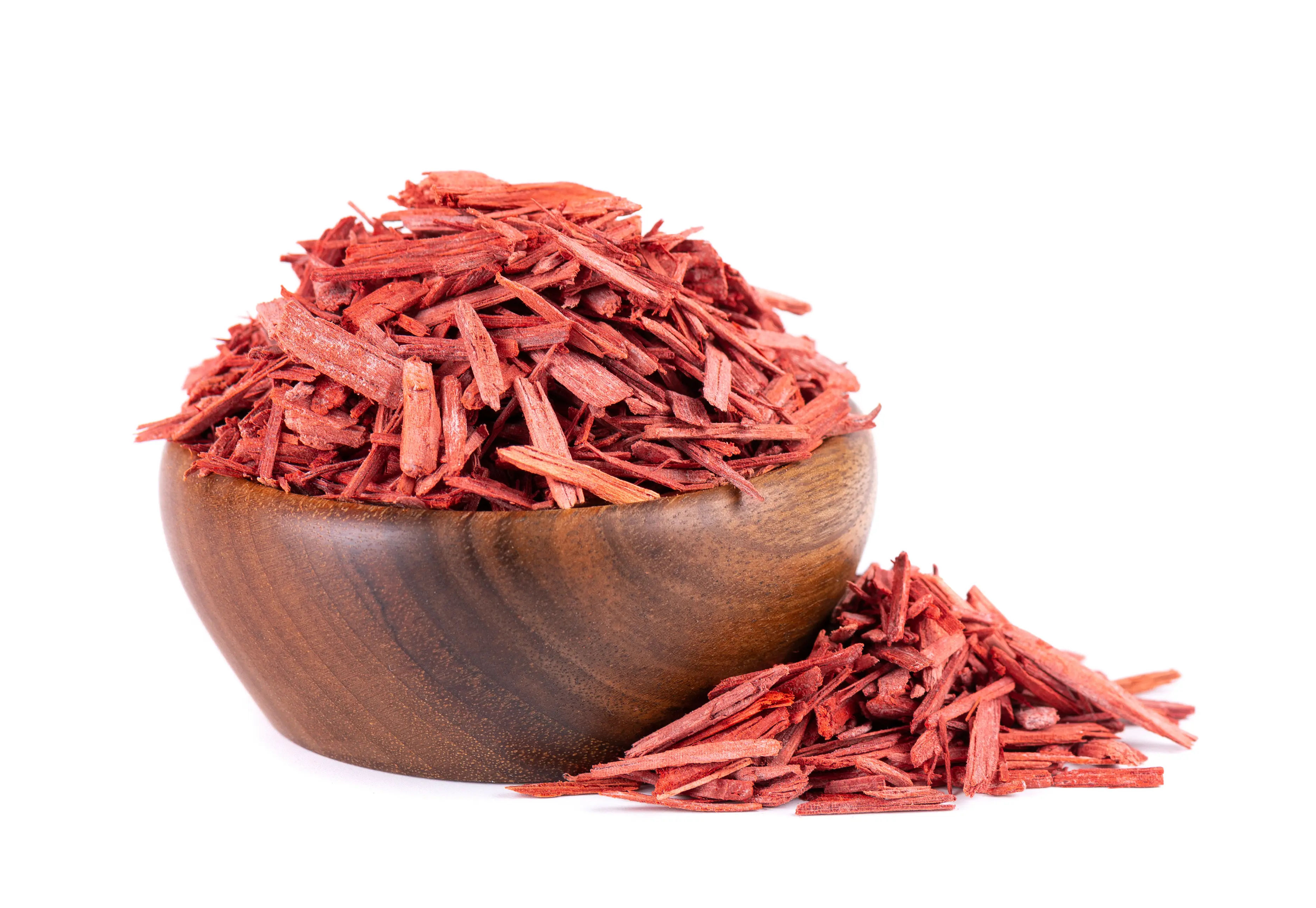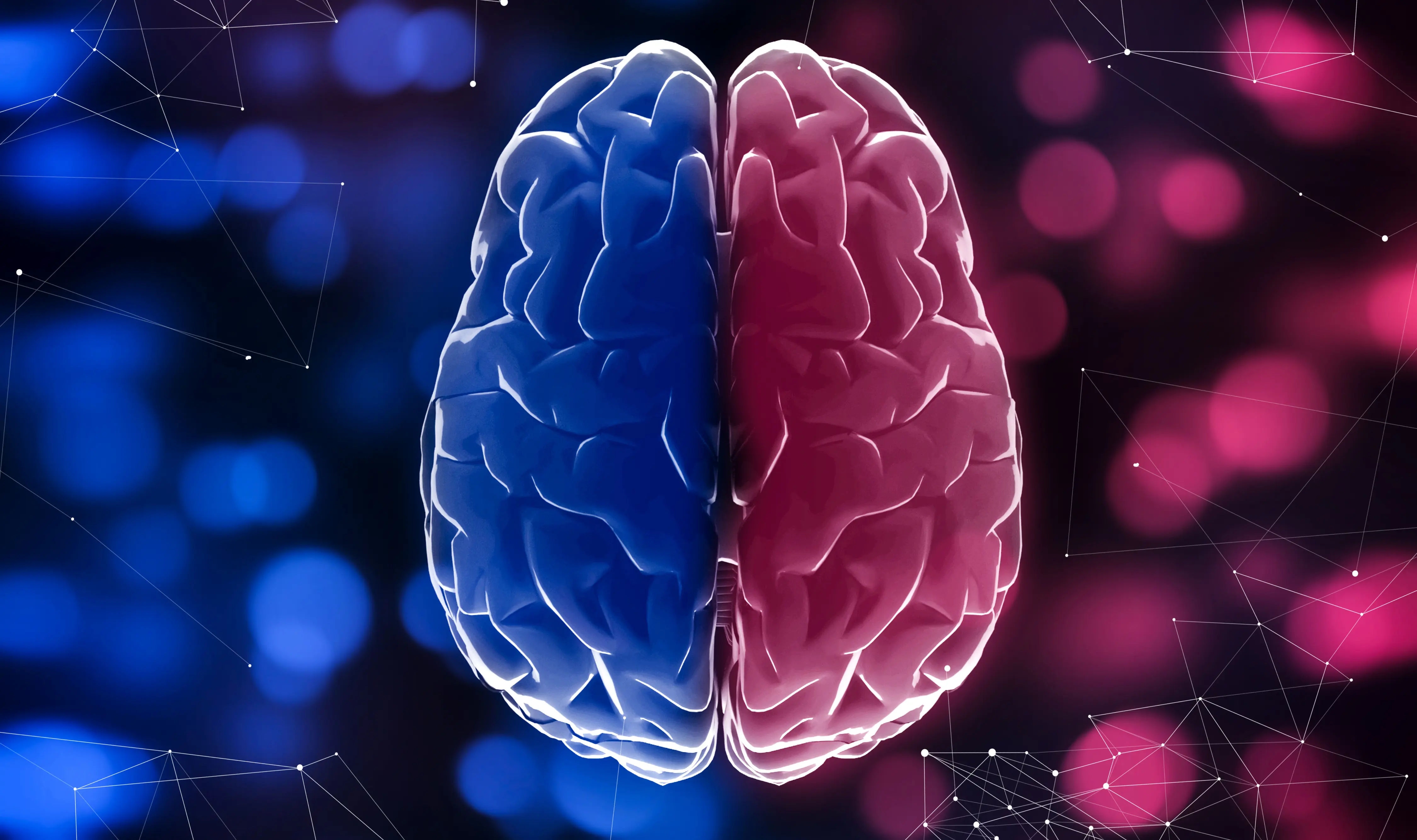Guide to Women Need Take Care Their Health Read How
Learn about women's health and lifelong wellness strategies, covering nutrition, fitness, preventive care, mental well-being, and essential screenings for every stage of life.


Introduction: Taking Charge of Your Well-Being
Navigating the world of women's health can feel overwhelming. Between work, family, and social commitments, prioritising your own well-being often falls to the bottom of the list. However, taking a proactive approach to your health is the single most important investment you can make. This comprehensive guide is designed to empower you with knowledge and practical strategies for every stage of life. True health is more than the absence of disease; it's a state of complete physical, mental, and social well-being. We will explore the pillars of wellness—from nutrition and fitness tailored for women to essential preventive screenings and mental health care. Whether you're in your twenties establishing healthy habits or navigating the changes of menopause and beyond, this article will provide a roadmap. Our goal is to move beyond generic advice and offer a holistic view of what it means for women to truly take care of their health, enabling you to live a vibrant, energetic, and fulfilling life.
The Foundation of Health: Nutrition and Diet
What you eat directly fuels your body and mind. A balanced diet is crucial for managing energy levels, maintaining a healthy weight, and preventing chronic diseases. For women, nutritional needs evolve with age, hormonal fluctuations, and lifestyle.
Essential Nutrients for Women at Every Age
Certain nutrients are particularly vital. Iron is essential to compensate for blood loss during menstruation; rich sources include lean red meat, spinach, and lentils. Calcium and vitamin D are non-negotiable for bone health, especially to prevent osteoporosis later in life. Incorporate dairy, leafy greens, and fortified foods, and ensure safe sun exposure. Folate (or folic acid) is critical for women of childbearing age to prevent neural tube defects in a developing fetus. Don’t forget healthy fats from avocados, nuts, and olive oil, which support hormone production and brain health.
Building a Balanced Plate: A Practical Approach
Forget restrictive diets. Focus on building a balanced plate. Aim for:
- 50% Fruits and Vegetables: A rainbow of colors ensures a wide range of vitamins and antioxidants.
- 25% Lean Protein: Chicken, fish, beans, tofu, and legumes help build and repair tissues.
- 25% Whole Grains: Quinoa, brown rice, and oats provide sustained energy and fiber.
This model is a flexible framework for creating a healthy diet for women that is both satisfying and nutritious.
Hydration: The Often-Forgotten Health Hero
Water is involved in every bodily function, from regulating temperature to flushing out toxins. Dehydration can cause fatigue, headaches, and poor concentration. A general guideline is to drink at least 8-10 glasses of water daily, but needs increase with exercise and hot weather. Herbal teas and water-rich fruits like watermelon also contribute to your fluid intake.
Consult an Obstetrician-Gynaecologist for the best advice
Moving Your Body: Fitness Tailored for Women
Regular physical activity is a cornerstone of women's health, boosting cardiovascular fitness, strengthening bones, improving mood, and helping with weight management.
The Powerful Combo: Strength Training and Cardiovascular Health
Many women shy away from weights, fearing they will "bulk up." This is a myth. Strength training is crucial for building lean muscle mass, which increases metabolism and strengthens bones to prevent osteoporosis. Aim for at least two sessions per week. Cardiovascular exercise—like brisk walking, swimming, or cycling—for 150 minutes per week strengthens your heart and lungs. This combination is one of the best exercises for women's mental and physical health.
The Importance of Flexibility and Balance
Incorporating activities like yoga or pilates improves flexibility, reduces the risk of injury, and enhances balance, which becomes increasingly important as we age. These practices are also powerful tools for managing stress for working women, promoting mindfulness and relaxation.
Prioritising Mental and Emotional Wellness
Your mental health is just as important as your physical health. The unique pressures women face make it essential to develop robust coping mechanisms.
Understanding the Mind-Body Connection
Stress, anxiety, and depression can manifest physically, causing issues like insomnia, digestive problems, and a weakened immune system. Recognising this link is the first step toward holistic well-being.
Stress Management Techniques That Work
Find what helps you unwind. This could be daily meditation, journaling, spending time in nature, or connecting with loved ones. Setting boundaries, both at work and in personal life, is a critical form of self-care. If you feel overwhelmed, don't hesitate to seek professional support from a therapist or counselor.
The Importance of Quality Sleep
Sleep is when your body repairs itself. Aim for 7-9 hours of quality sleep per night. Poor sleep is linked to weight gain, a weakened immune system, and an increased risk of chronic conditions. Establishing a regular sleep schedule and creating a restful environment are key to improving sleep quality for women.
Preventive Care: The Key to Long-Term Health
Preventive health checkups for women are the most powerful tool for catching potential issues early when they are most treatable. Your screening needs will change throughout your life.
Essential Health Screenings by Decade
Your 20s and 30s: Building a Baseline
This is the time to establish a relationship with a healthcare provider. Key screenings include:
- Annual Well-Woman Exam: Includes a clinical breast exam and discussion of health history.
- Pap Smear: To screen for cervical cancer, typically every 3-5 years starting at age 21.
- Blood Pressure and Cholesterol: To establish baseline levels.
- STI Screening: If sexually active with new or multiple partners.
If you experience irregular periods, severe PMS, or other concerns, discuss them with your doctor. If symptoms like pelvic pain or abnormal bleeding persist, consult a gynaecologist online with Apollo24|7 for further evaluation.
Your 40s and 50s: Proactive Management
As hormone levels begin to shift, screenings become more critical
- Mammograms: Breast cancer screening typically begins at age 40 or 50; discuss the best schedule with your doctor.
- Blood Glucose Test: To screen for diabetes, especially if you have risk factors.
- Thyroid Test: Thyroid issues are more common in women and can cause a range of symptoms.
- Bone Density Scan: May be recommended around menopause if you have risk factors for osteoporosis.
- Signs of hormonal imbalance in women, such as hot flashes, mood swings, or changes in sleep patterns, are common during perimenopause and should be discussed with your doctor.
Your 60s and Beyond: Thriving in Later Years
Continue with previous screenings and add:
- Colon Cancer Screening: Crucial for early detection.
- Bone Density Scans: Regular monitoring for osteoporosis.
- Hearing and Eye Exams.
Apollo24|7 offers a convenient home collection for tests like vitamin D or HbA1c, making it easier to stay on top of your health.
Vaccinations and Regular Check-ups
Stay up-to-date on vaccinations like the flu shot, Tdap booster, and shingles vaccine. Your annual check-up is your opportunity to partner with your doctor on your health journey.
Understanding Women-Specific Health Conditions
Reproductive and Gynaecological Health
Conditions like polycystic ovary syndrome (PCOS), endometriosis, and uterine fibroids are common and can significantly impact quality of life. Understanding the symptoms and seeking timely diagnosis is crucial.
Conditions More Prevalent in Women
Women's heart disease symptoms can be different from men's (e.g., unusual fatigue, nausea, jaw pain) and are often overlooked. Autoimmune diseases like lupus and MS also disproportionately affect women. Being aware of these risks empowers you to advocate for yourself.
Conclusion: Your Health, Your Journey
Your journey to optimal health is uniquely yours. It’s not about perfection, but about making consistent, conscious choices that support your well-being. This guide provides a framework, but you are the expert on your own body. Listen to its signals, celebrate your progress, and don’t be afraid to ask for help when you need it. By embracing a holistic approach that encompasses physical, mental, and preventive care, you are investing in a future of vitality and strength. Remember, taking care of yourself isn’t selfish—it’s essential. Start today by scheduling that check-up you’ve been putting off or by adding an extra serving of vegetables to your dinner. Your future self will thank you.
Consult an Obstetrician-Gynaecologist for the best advice
Consult an Obstetrician-Gynaecologist for the best advice

Dr. Mona Yadav
Obstetrician and Gynaecologist
19 Years • MBBS, MD (Obstetrics & Gynaecology)
Dombivli
Nulife multispeciality, Dombivli

Dr. Parul Sharma
Obstetrician and Gynaecologist
8 Years • MBBS, MS (Obstetrics & Gynaecology)
New Delhi
THE DOCTORS NESST, New Delhi

Dr. Debajyoti Goswami
Obstetrician and Gynaecologist
10 Years • MBBS,D.G.O(DNB),Adv. Infertility Tech.(AIIMS),Fellowship in Diabetes(U.K),Comprehensive Abortion Care(Govt. Of W.B), Certificate in Clinical Embryology(AIIMS, BHUBANESWAR)
Bankura
D.G Clinic, Bankura
(25+ Patients)
Dr. K Anusha
Obstetrician and Gynaecologist
4 Years • MBBS, DGO
Yemmiganur
SRINIVASAA HOSPITAL, Yemmiganur

Dr. Asha Rani Singh
Obstetrician and Gynaecologist
24 Years • MBBS DGO
Delhi
Dr Asha Rani Singh Clinic, Delhi
Consult an Obstetrician-Gynaecologist for the best advice

Dr. Mona Yadav
Obstetrician and Gynaecologist
19 Years • MBBS, MD (Obstetrics & Gynaecology)
Dombivli
Nulife multispeciality, Dombivli

Dr. Parul Sharma
Obstetrician and Gynaecologist
8 Years • MBBS, MS (Obstetrics & Gynaecology)
New Delhi
THE DOCTORS NESST, New Delhi

Dr. Debajyoti Goswami
Obstetrician and Gynaecologist
10 Years • MBBS,D.G.O(DNB),Adv. Infertility Tech.(AIIMS),Fellowship in Diabetes(U.K),Comprehensive Abortion Care(Govt. Of W.B), Certificate in Clinical Embryology(AIIMS, BHUBANESWAR)
Bankura
D.G Clinic, Bankura
(25+ Patients)
Dr. K Anusha
Obstetrician and Gynaecologist
4 Years • MBBS, DGO
Yemmiganur
SRINIVASAA HOSPITAL, Yemmiganur

Dr. Asha Rani Singh
Obstetrician and Gynaecologist
24 Years • MBBS DGO
Delhi
Dr Asha Rani Singh Clinic, Delhi
More articles from General Medical Consultation
Frequently Asked Questions
1. What is the most important health screening for women?
There isn't one single 'most important' screening, as needs change with age. However, regular well-woman exams that include blood pressure checks, clinical breast exams, and discussions about Pap smears and mammograms (as age-appropriate) form the foundation of preventive care.
2. How can I tell if I have a hormonal imbalance?
Common signs of hormonal imbalance in women include irregular periods, unexplained weight gain or loss, severe acne, mood swings, hair loss, fatigue, and sleep problems. If you suspect an imbalance, it's important to consult a doctor for proper testing.
3. What are the best exercises for women over 50?
Excellent options include weight-bearing exercises like walking or dancing to maintain bone density, strength training with resistance bands or light weights to preserve muscle mass, and balance-focused activities like yoga or Tai Chi to prevent falls.
4. How much water should I really drink every day?
The common '8 glasses a day' is a good starting point. A more personalised approach is to drink half your body weight (in pounds) in ounces of water. For example, a 150-pound woman would aim for 75 ounces of water daily.
5. When should I start getting mammograms?
Guidelines vary, but many health organisations recommend starting annual mammograms at age 40. However, your personal and family history of breast cancer may influence this timeline. It's best to have a conversation with your healthcare provider to decide on the right schedule for you.




